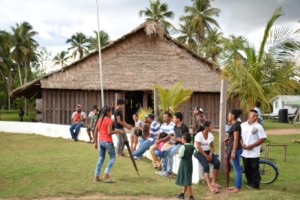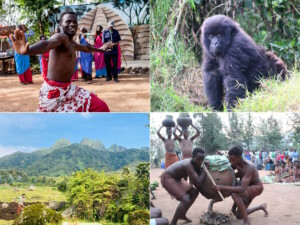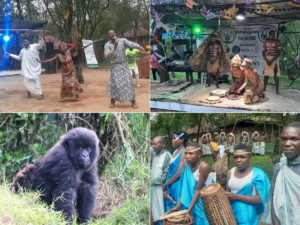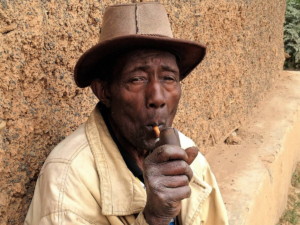Mystical inspiration, permaculture & ecotourism in Peru
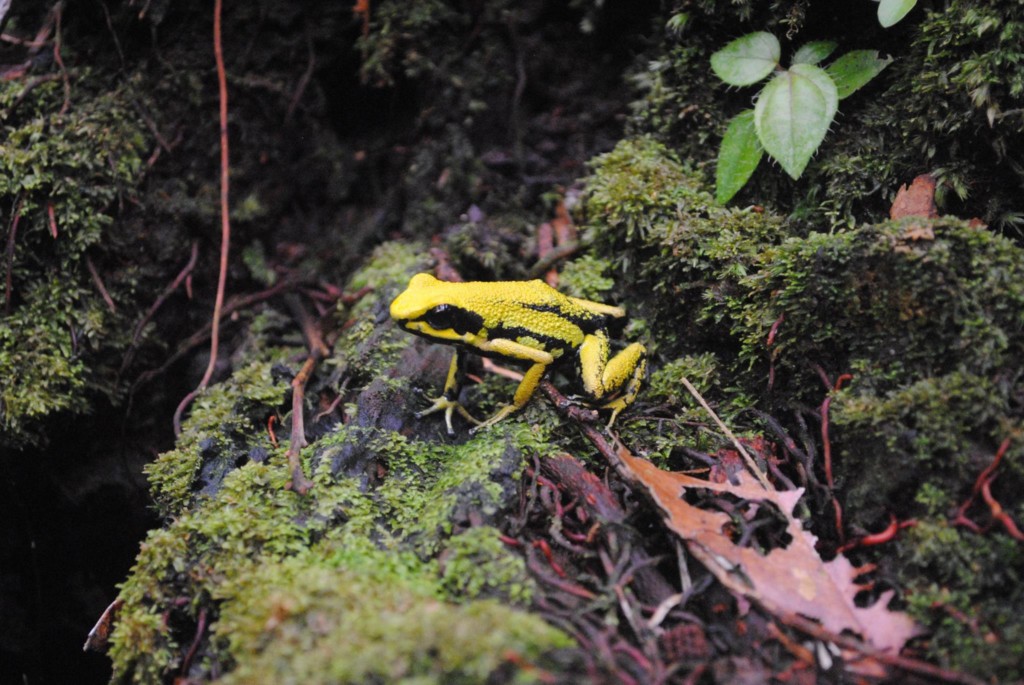
San Roque de Cumbaza (San Roque) is a town in the San Martín region of Peru, a 45-minute drive northwest of the city of Tarapoto. Located in the Amazon rainforest near the headwaters of the Cumbaza river, San Roque borders the Cordillera Escalera regional conservation area, a small mountain range in the low-jungle. San Roque’s 2,000 inhabitants have to keep agriculture to a minimum and are prohibited from engaging in cattle grazing or extractive activities.
As a young man Rodrigo Ponce studied economics and built a career in finance. Then after experimenting with shamanic rituals in the early 2000s he enrolled in graduate school to study ecotourism. It was as a mature-age postgraduate student studying ecotourism that Ponce first visited San Roque. He enjoyed the pace of life so much that in 2005 he teamed up with friends to manage a New Age hostel in San Roque.
Through attending local assemblies, Ponce realised that the economics he had studied did not apply in a place where bartering, community well-being and knowledge-sharing were more important than money. After learning how San Roque worked and having won the community’s trust through his continuous participation in community meetings, in 2008 Ponce decided to work with the community on ecotourism projects, assisting with bureaucratic red tape, logistics and legal matters.
In 2009, the San Roque community created a tourism management committee (COGETUR). Thanks to the support of the local municipality, COGETUR built four bungalows, two viewpoints, and a camp to receive visitors. In 2010, they opened an ecological education park, which receives visitors and students to teach them ecology and conservation and take them on educational hikes.
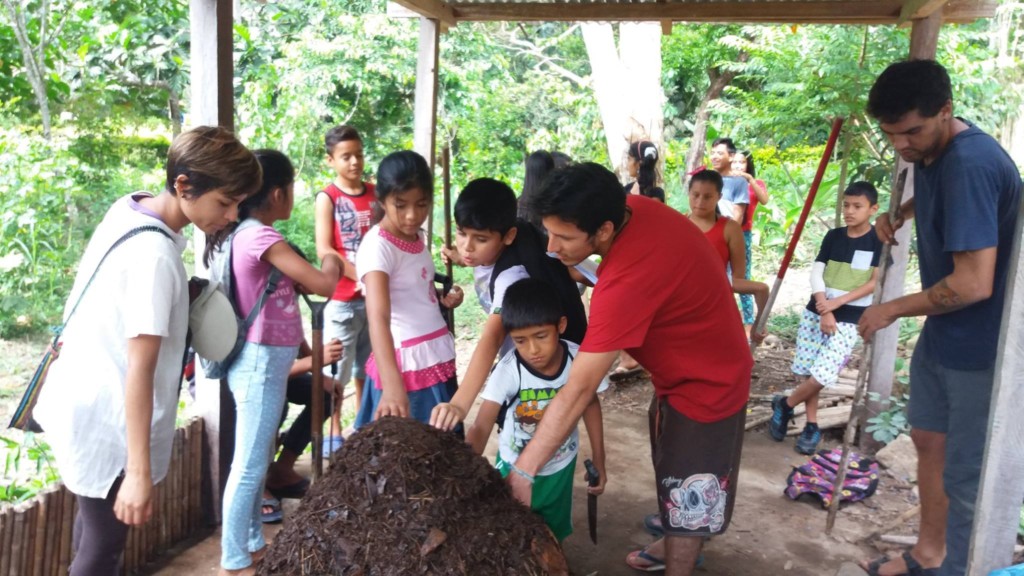
Testing compost. Source: Ecoaldeas Peru’s Facebook page
Early success and growing demand meant a need for more infrastructure. In 2011, COGETUR went from being a committee of 15 people to an association (ACOGETUR) of 50 members divided into six sub-groups: tour guides, cooks, porters, organic farmers and women artisans working. ACOGETUR obtained funding to establish a beekeeper organisation, build the capacity of guides and cooks, and develop infrastructure.
In 2013, Ponce founded his company Ecoaldeas Peru, which from the outset collaborated with ACOGETUR and the Chririkyacu and Quechua Lamas communities, which look after established conservation areas. Then, via workshops, fairs, and forums, Ecoaldeas forged partnerships with regional players, including local governments, permaculture institutes, and universities and foundations that support social entrepreneurs, as well as international tour operators.
Among its tourism products, Ecoaldeas combines alternative Peruvian tourism experiences, the Inca Trail (trekking) and the lowland rainforests in Madre de Dios, a region full of locally managed tourism, conservation and biodiversity.
Ecoaldeas also created the Center for Research, Training and Development of Local Capacities, which works in agro-ecology, biodiversity conservation, organisational management, languages and technology. Ponce considers it to be one of his business’ biggest achievements.
Going forward, Ponce and his partners plan to launch the Amazon Global School, a social educational enterprise intended for all Amazonian nations.
Sources: This post is a brief summary of Ciro Calderon’s article for Ecosystem Marketplace. Please read the full story for more detail and quotes from Rodrigo Ponce. The featured image of a frog is from Ecoaldeas Peru’s Facebook page.
Related posts


